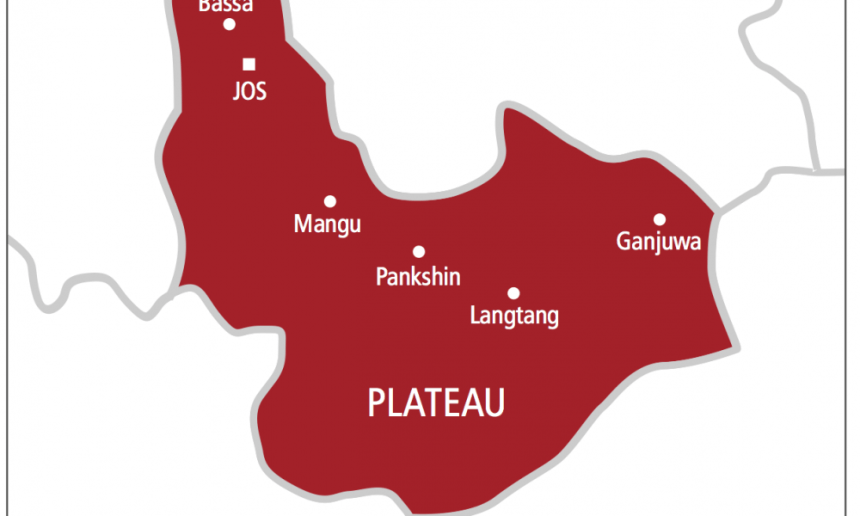The Sum-Pyem-elect of Pyem chiefdom in Gindiri, Mangu Local Government of Plateau State, Architect Hudu Ibrahim Manomi has told the Supreme Court that the state and local government areas have refused to obey its order to install him to the stool.
In a motion seeking to enforce the judgment of the Supreme Court delivered on February 1, Manomi told said the Plateau State Government and Mangu Local Government Area have refused to install him as Sum Pyem on the basis that the verdict was academic.
In the application filed by Manomi’s lawyer, Abimiku Matthew on December 16, he is asking the apex court to make a “mandatory order of the court compelling the 3rd and 4th Judgment Creditor/Applicant (Mangu LGA and Plateau Government)” to install him as the Sum Pyem of the Pyem Chiefdom in Gindiri, Mangu LGA within 14 days of the determination of the motion on notice.
The lawyer said he brought the notice pursuant to Section 287 (1) of the Nigerian Constitution 1999, 17 of the Supreme Court Act, 2014, Order 3 Rule 6 of the Supreme Court Rules 1999, and Section 97 of the Sheriffs and Civil Processes Act, 2014.
In the judgement of Feb.1 read by Justice Mary Odili, the apex court granted all the prayers of Manomi, including his payment of his outstanding entitlements, and dismissed the appeal by two members of the royal house, Joseph Mato Dakat and J.C.K. Mallum who had challenged the eligibility of Manomi and the selection process.
“A free and fair election was conducted with virtually all but one traditional selector and the 1st appellant (Manomi) emerged as the winner of the election out of the two contestants. To my mind, there was substantial compliance with the enabling instrument guiding the selection exercise i.e. Exhibit 9,” the apex court panel held.
“The mere non-issuance of seven days’ notice, allowing the presence of officials not approved by Exhibit 9 and the exclusion of 12th selectors are of no moment and cannot vitiate the election exercise or affect the result of the exercise as held by the lower court. These two issues are therefore resolved against the respondents in favour of the appellants.”

 Join Daily Trust WhatsApp Community For Quick Access To News and Happenings Around You.
Join Daily Trust WhatsApp Community For Quick Access To News and Happenings Around You.


